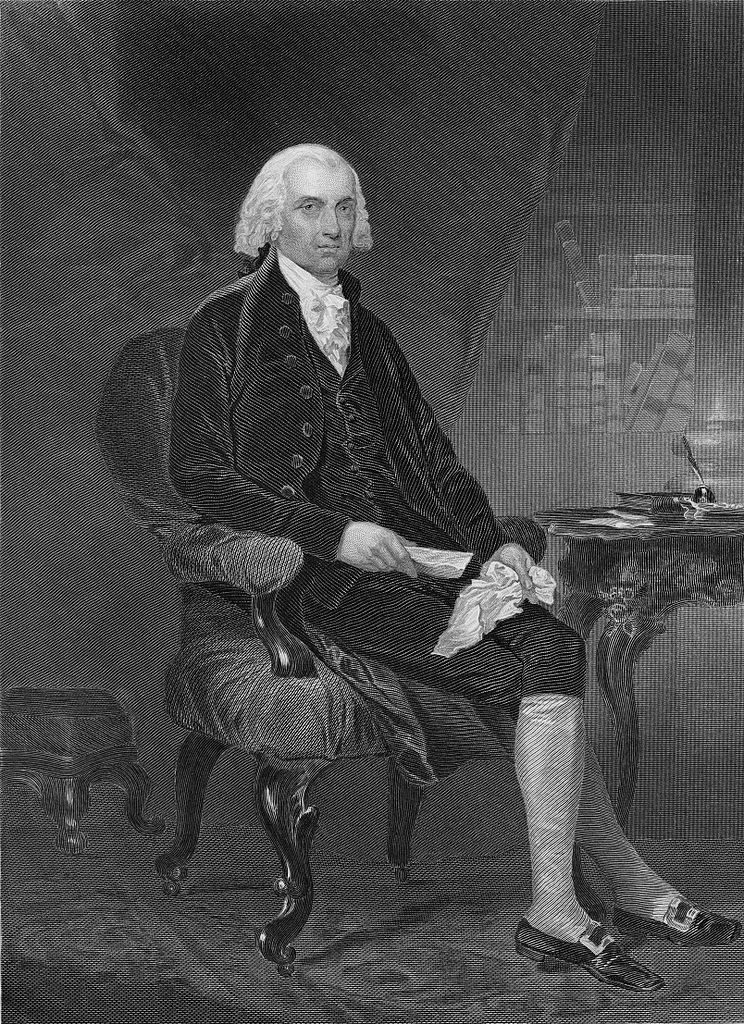
ADVERTISEMENT - CONTINUE READING BELOW
13. Madison’s first submission appeared as Federalist 10
On November 22, 1787, Publius submitted Federalist 10 in The Daily Advertiser. It was the first of the Federalist papers to make its initial appearance in that newspaper. In the preceding essay, written by Hamilton, the dangers of factions to the nation were introduced. Madison expanded upon Hamilton’s arguments in Federalist 10. He described the emergence of factions as irretrievably linked to property. “Those who hold and those who are without property have ever formed distinct interests in society”. Madison wrote the causes of faction were innate to human nature, and thus the only means of preventing its damage to the nation and government were to control its effects. Eliminating factions was impossible, but limiting its damage imperative for a free nation to survive.
Madison argued that a large republic, with representative government, had a greater chance of survival than a confederation of small democracies. The anti-federalists disputed this notion, arguing that the diverse regional interests of the emerging nation could not possibly be governed equably by central authority. It was Madison’s Federalist 10 that explained the principle that the rights of the minority must be defended and protected by the majority, and that only the federal government created by the Constitution could ensure this. Otherwise, the states would be subject to the tyranny of a majority faction. Thus, certain liberties had to be restrained to limit the influence of factionalism. Federalist 10 serves as evidence that the Constitution was intended by its creators to avoid the emergence of partisan politics, though the seedlings of political parties were sown during its ratification debate.

